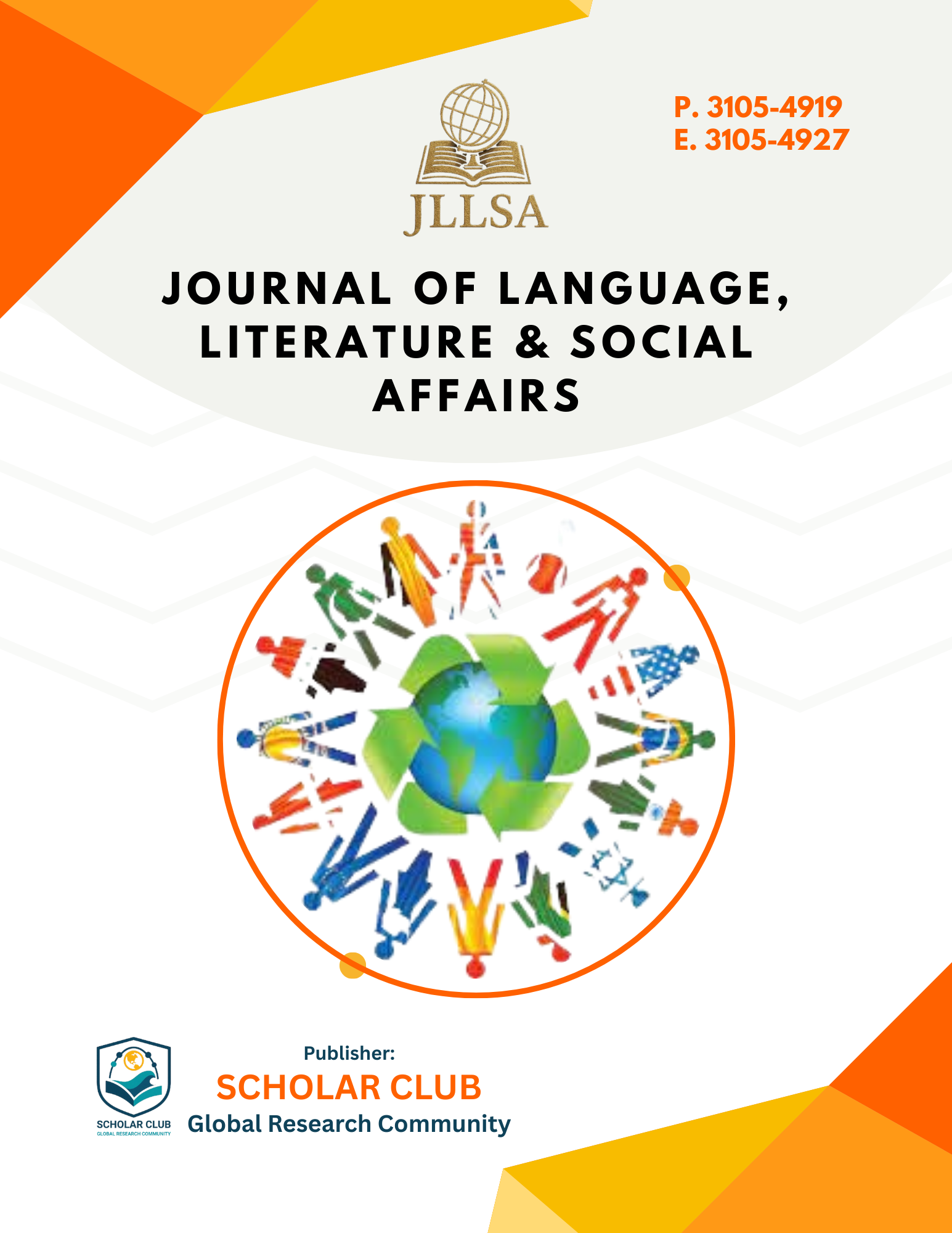Post-Pandemic Mental Health: Analyzing Long-Term Effects of COVID-19 on Different Age Groups
DOI:
https://doi.org/10.63056/jllsa.1.1.2025.5Keywords:
Mental health, long-term effects, financial strain, behavioral issuesAbstract
The COVID-19 pandemic has been, for the most part, a public health emergency, but it has had far-reaching impacts on mental health worldwide. As we move beyond the crisis stage and partake in recovery efforts, the psychological impact of COVID-19 is still evident through ongoing emotional, behavioral, and cognitive difficulties across the lifespan. This research focused on looking at long-term mental health effects of COVID-19 on children, adolescents, adults, and older adults, where each population experienced COVID-19 in a unique manner. Among children and adolescents, prolonged school closures and social isolation, in addition to disruption to developmentally significant routines, have been linked with increased anxiety, depression, attention difficulty, and behavioral issues. Many adolescents also experienced academic burnout and an increased sense of uncertainty about their future, impacting their emotional regulation. Adult employees and caregivers reported job insecurity, financial strain, and additional domestic responsibilities as a result of COVID-19, leading to stress and burnout and increased symptoms of depression. Older adults, particularly those with age and health-related vulnerability, experienced increasing loneliness along with grief and fear of illness at a time in the pandemic when there was limited access to health care and social support. This study takes a multidisciplinary perspective with quantitative data from international mental health surveys and also qualitative data from interviews and case studies. It looks at how age-related stressors during and after the pandemic individually and collectively shaped longer-term psychological outcomes and coping strategies. The study emphasized the need for age-specific mental health strategies, policy change, and sustained support. Taking these steps is important, not just for some individuals recovering, but also for rebuilding communities that are robust and mentally healthy through times of uncertainty and crisis.
Downloads
Published
How to Cite
Issue
Section
License
Copyright (c) 2025 Muhammad Haseeb Hassan

This work is licensed under a Creative Commons Attribution 4.0 International License.







